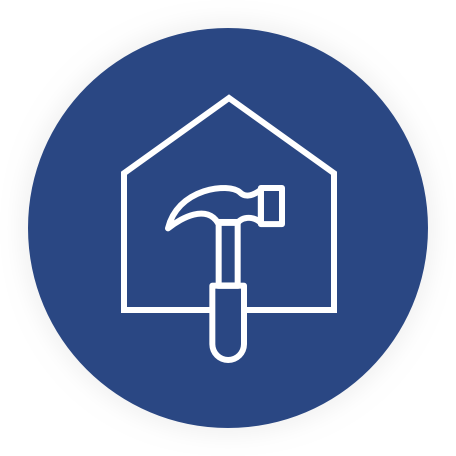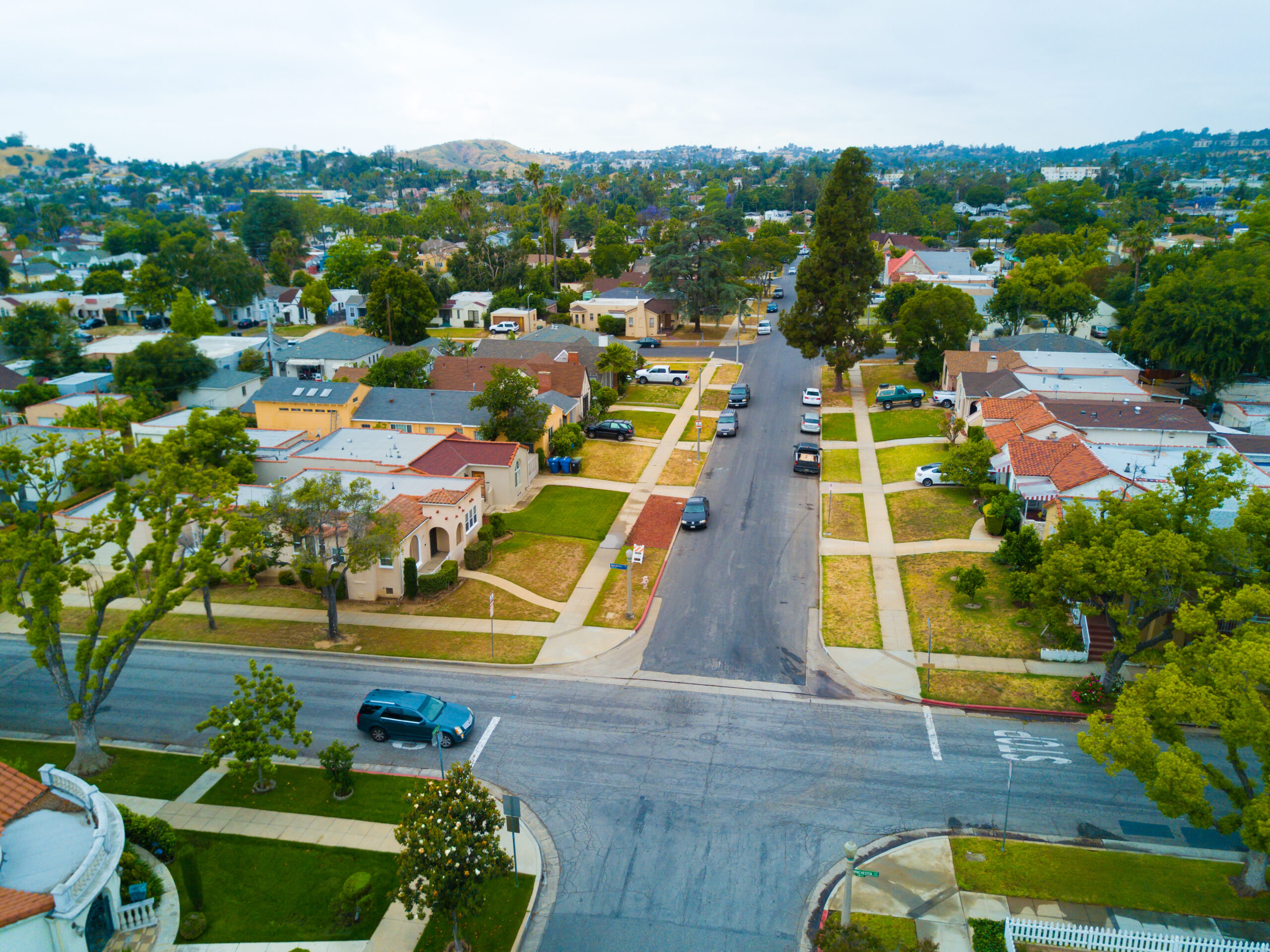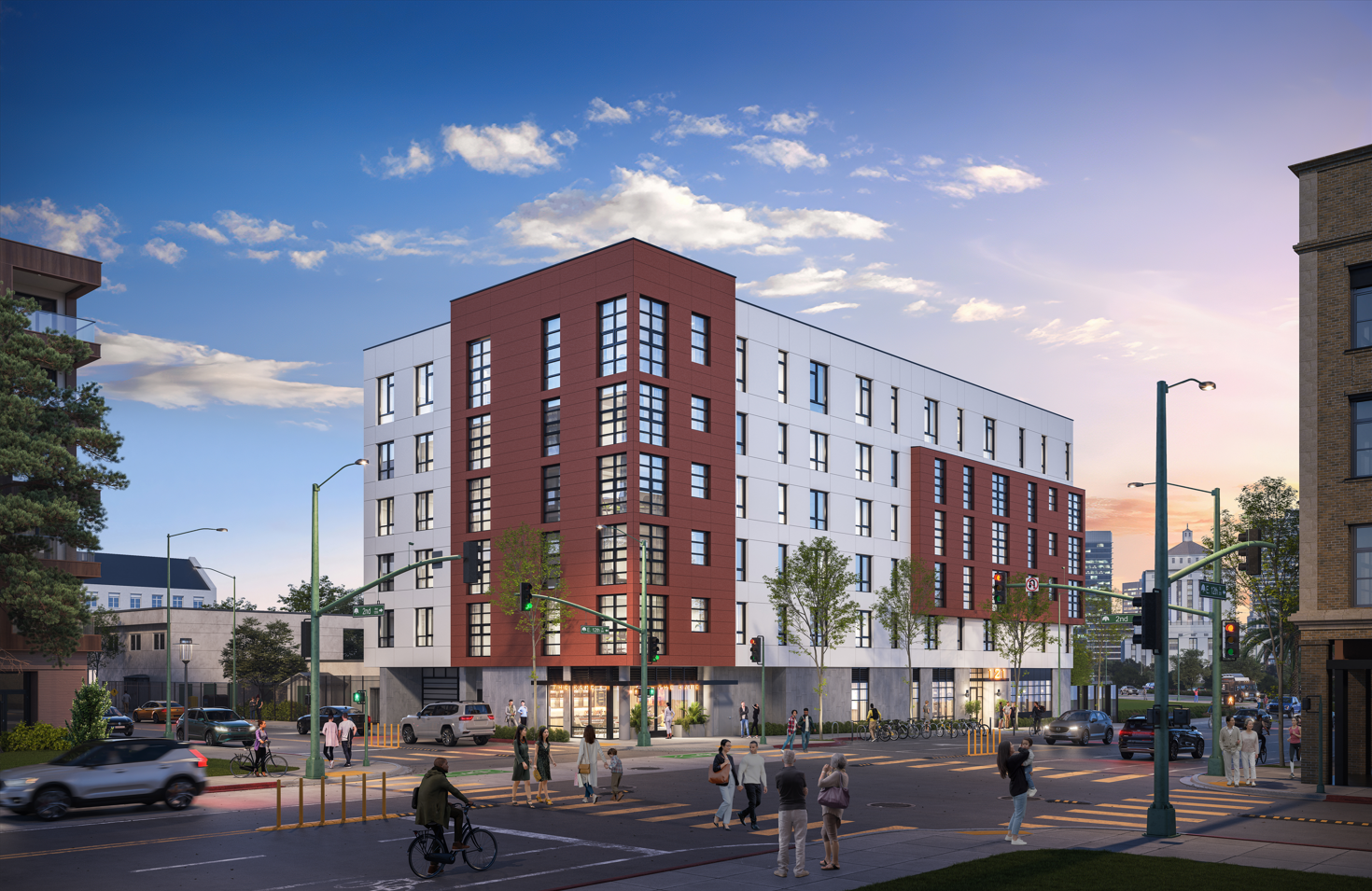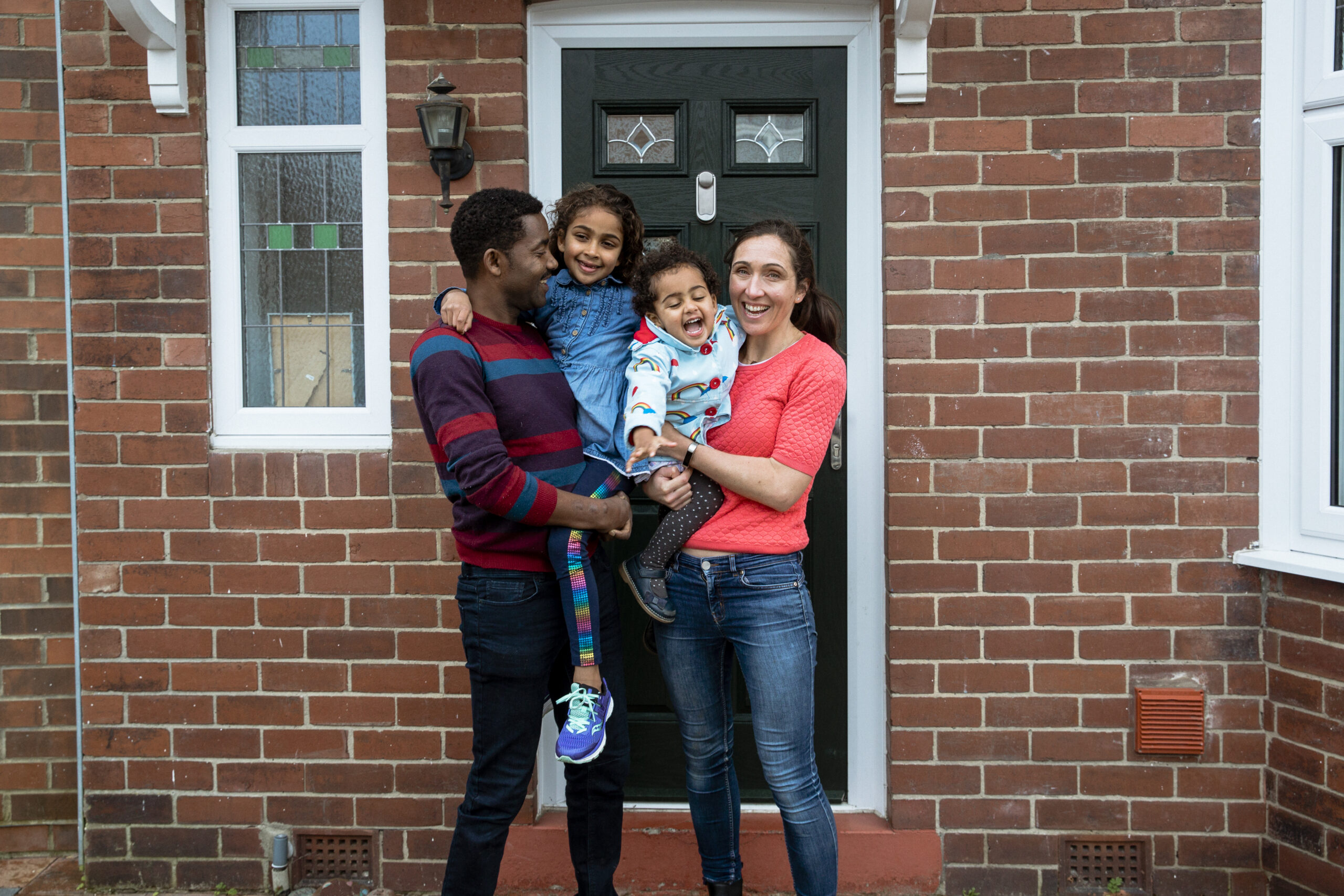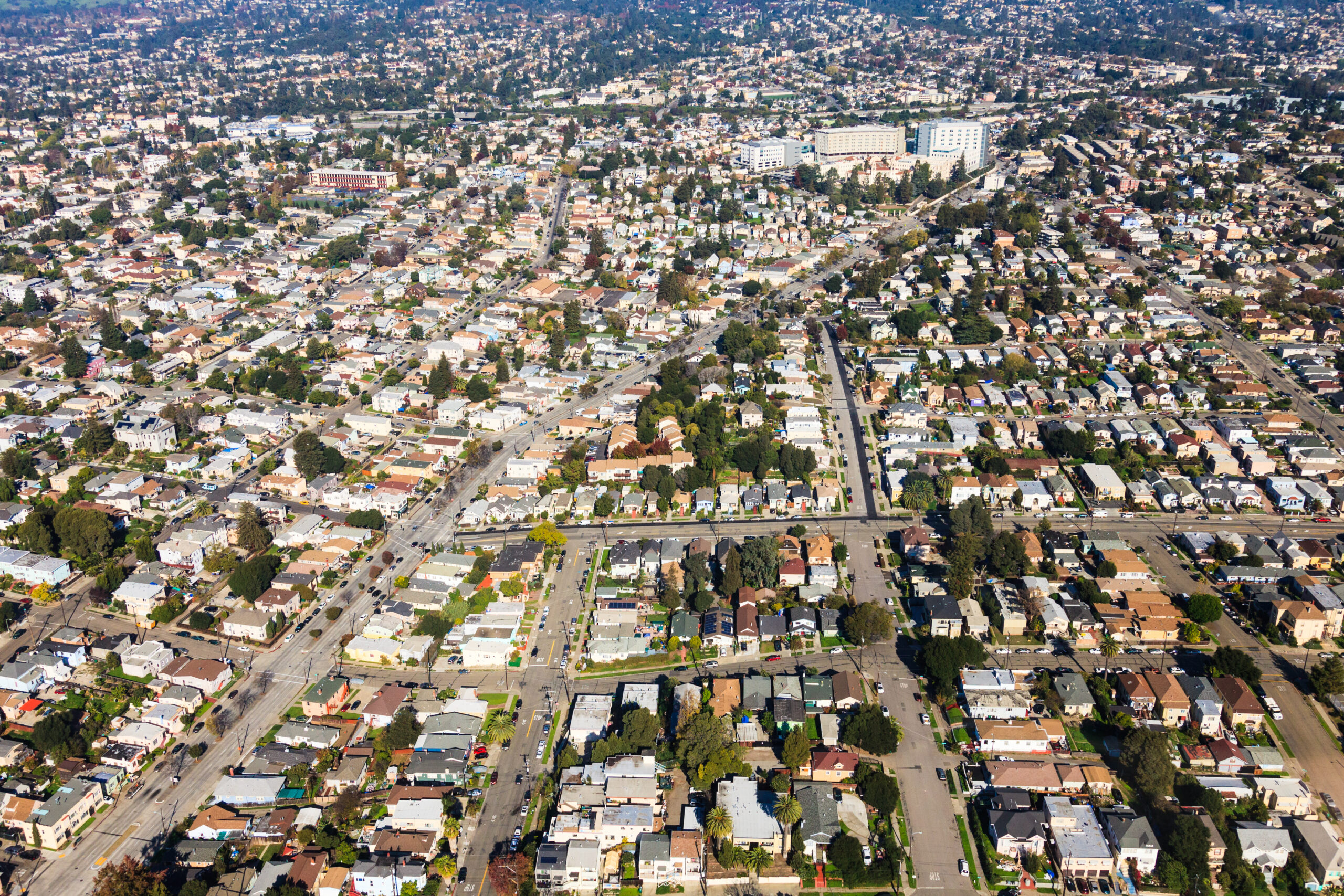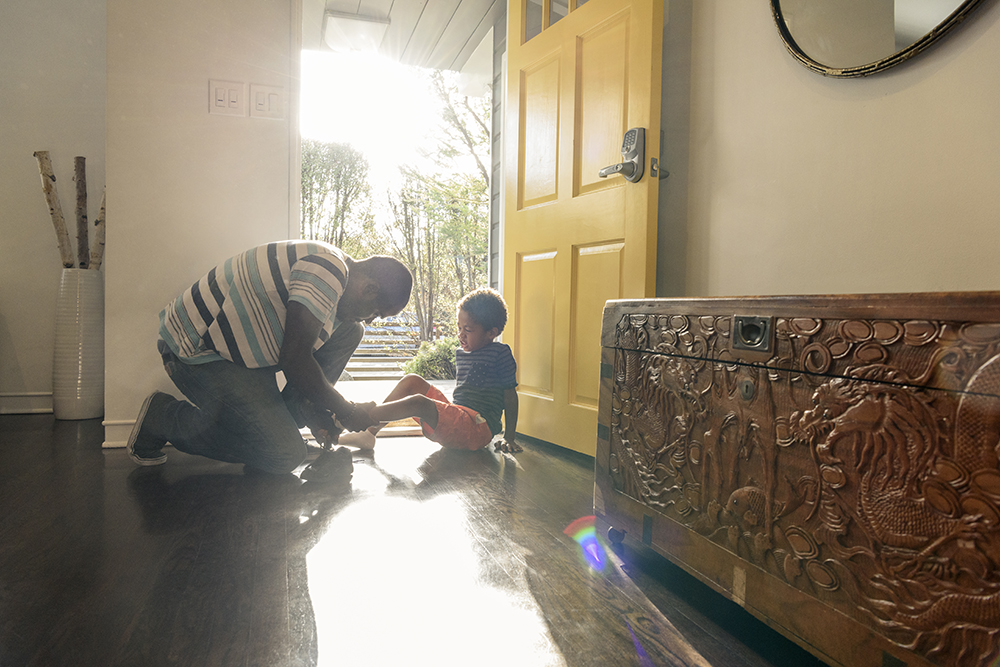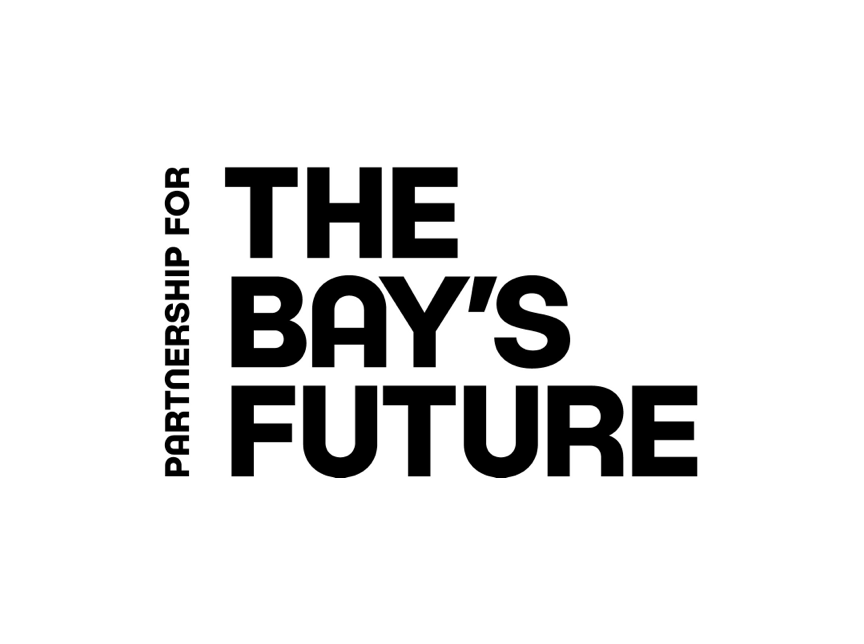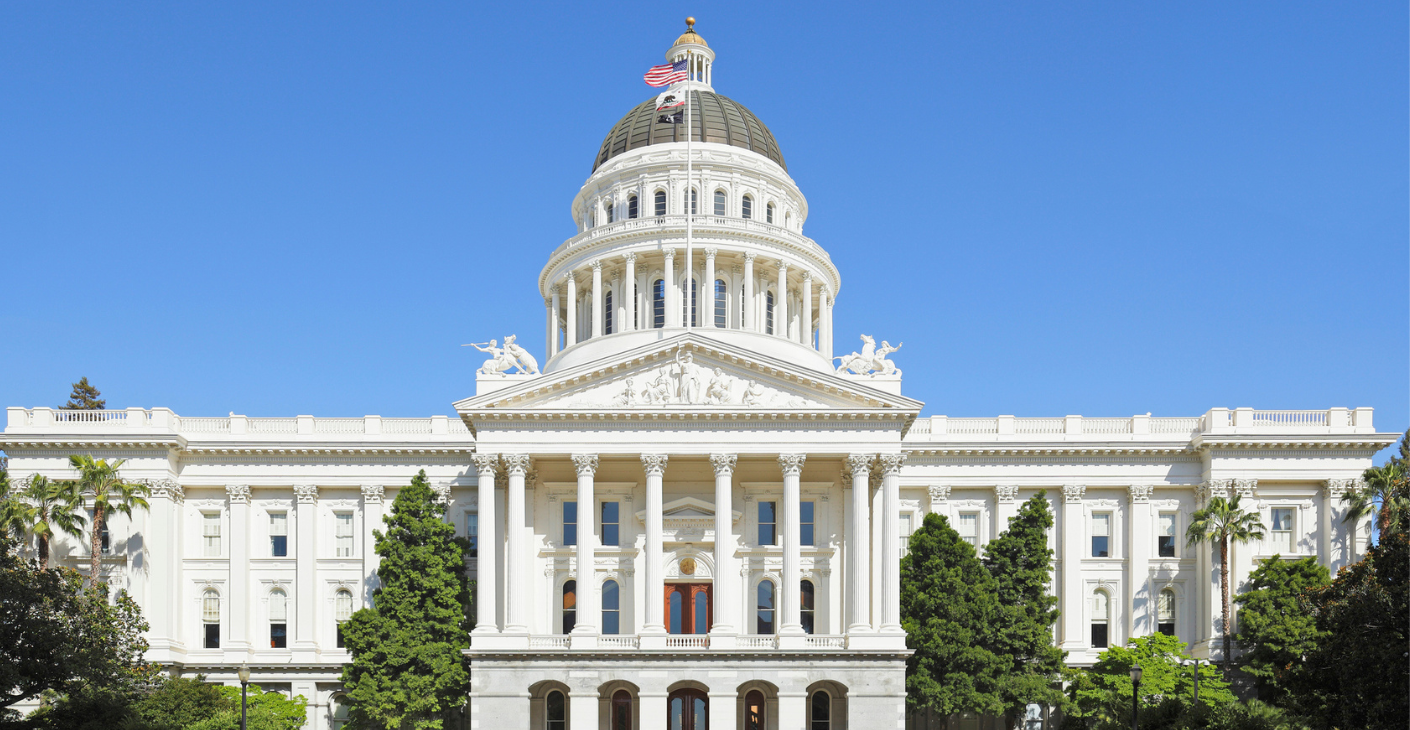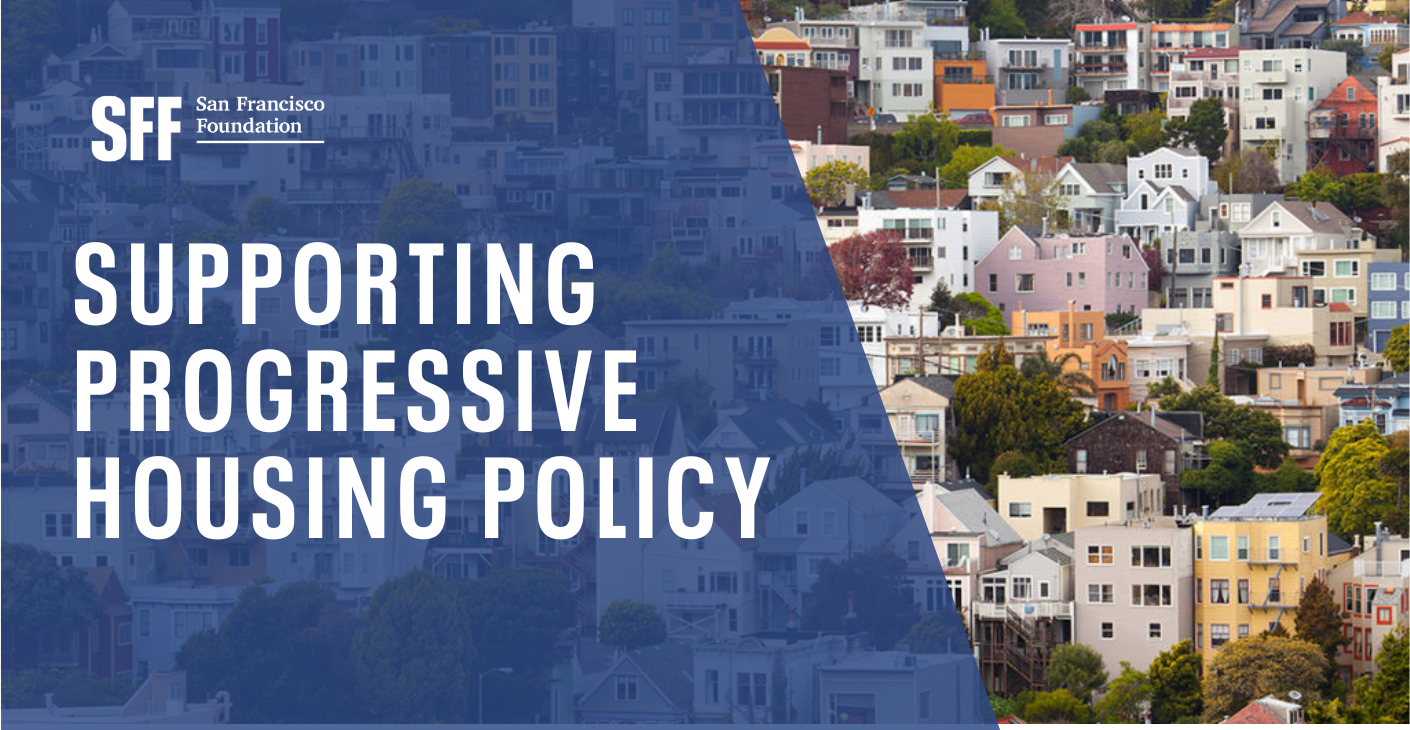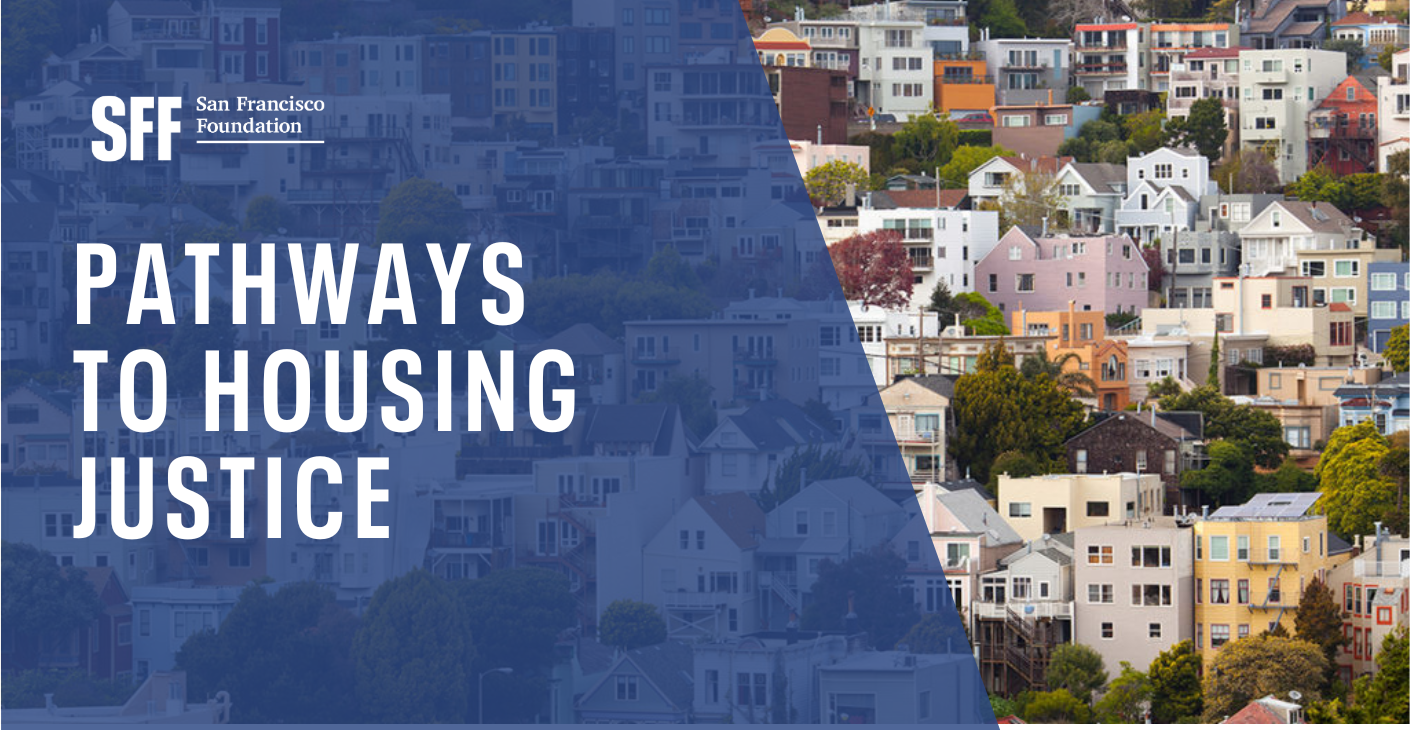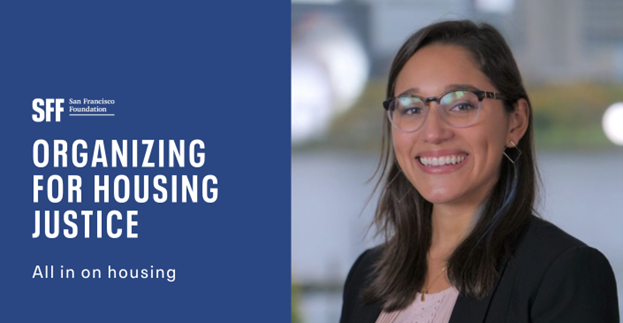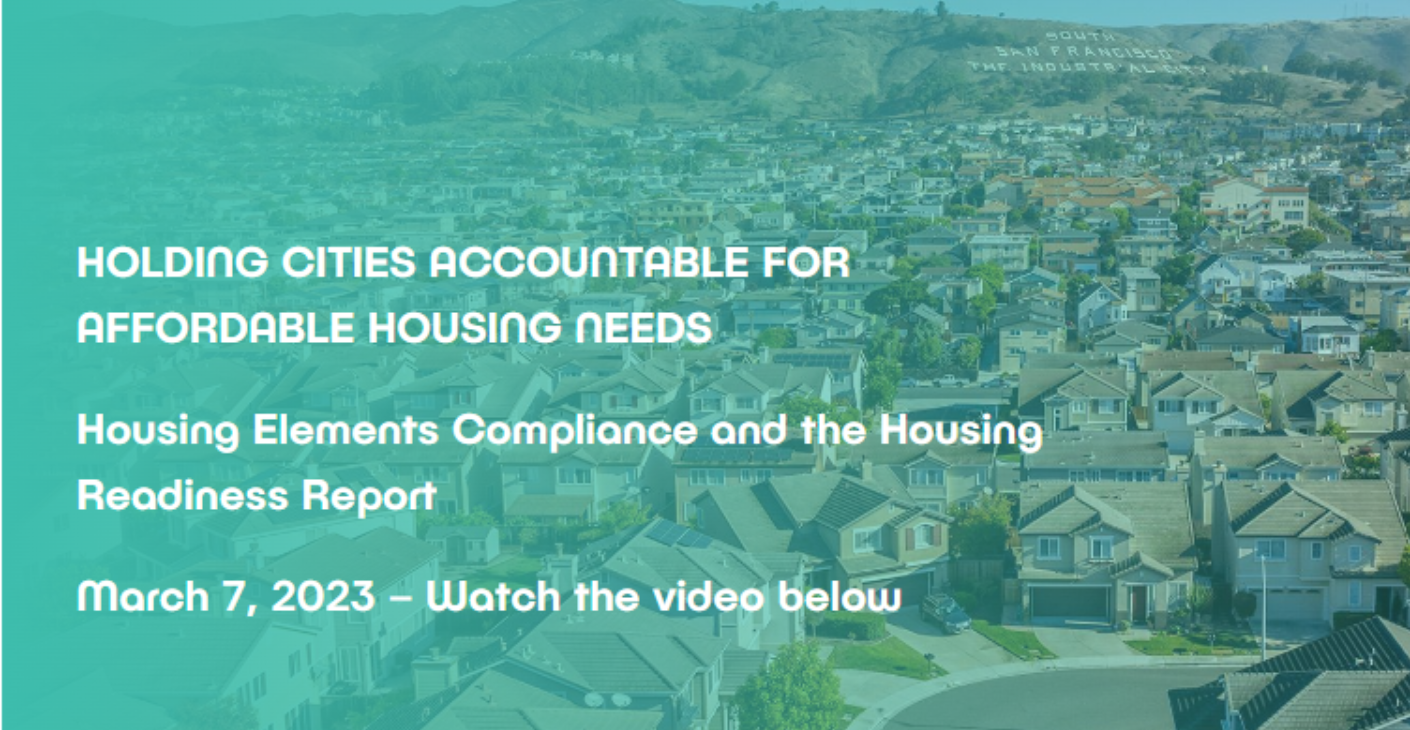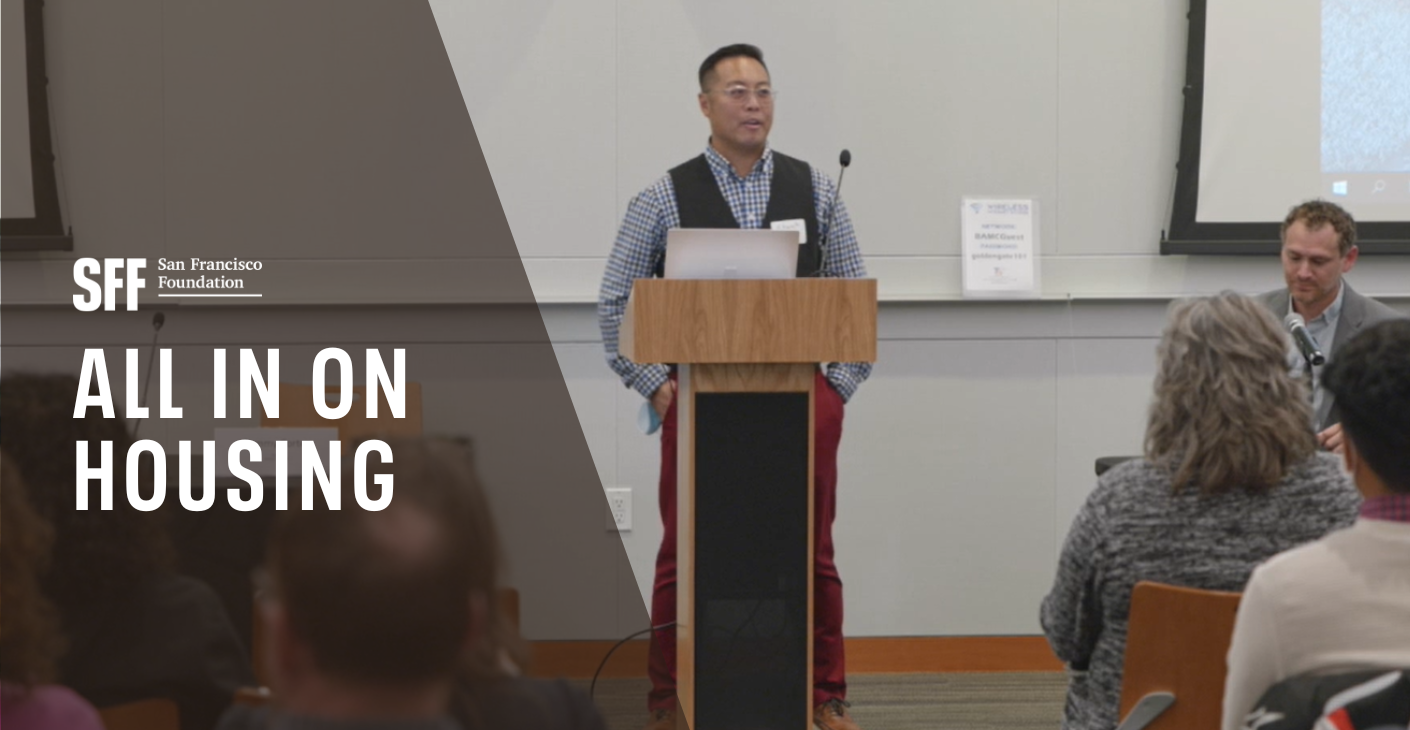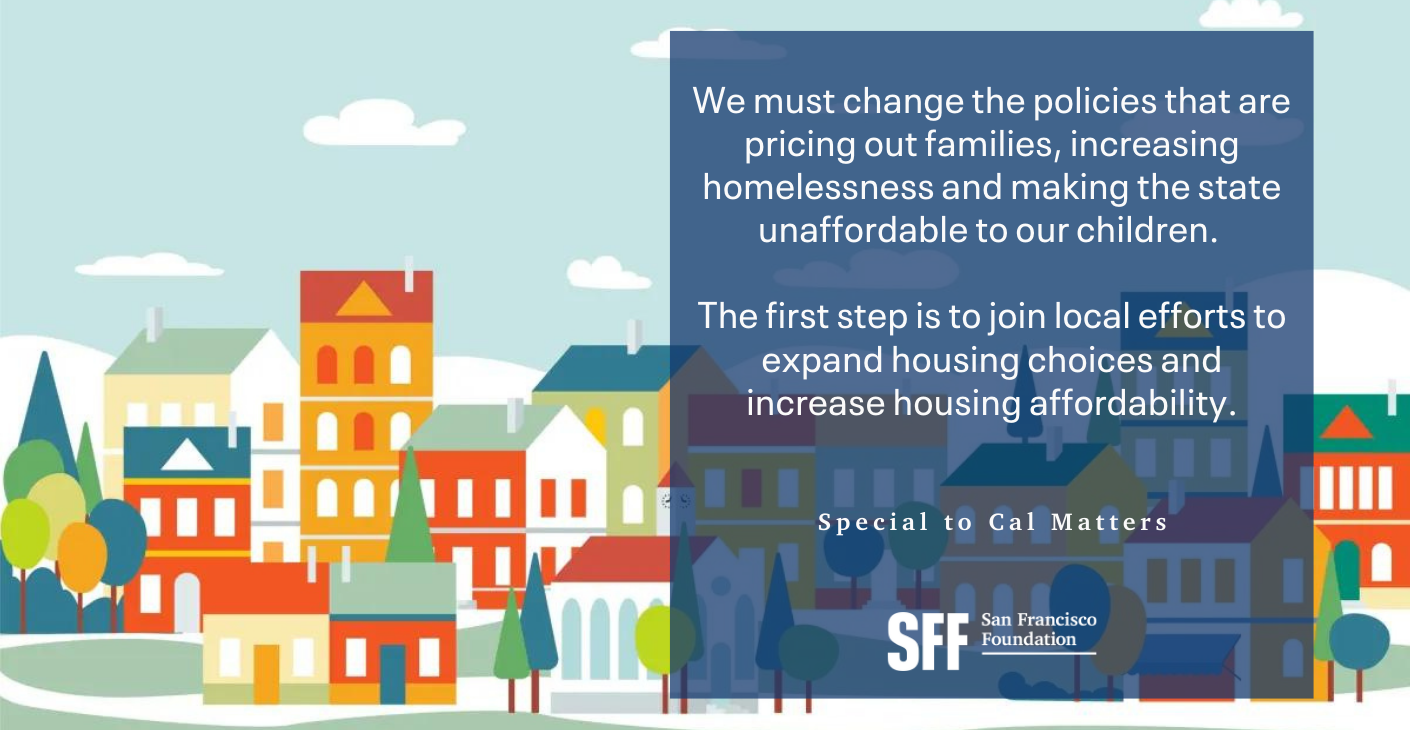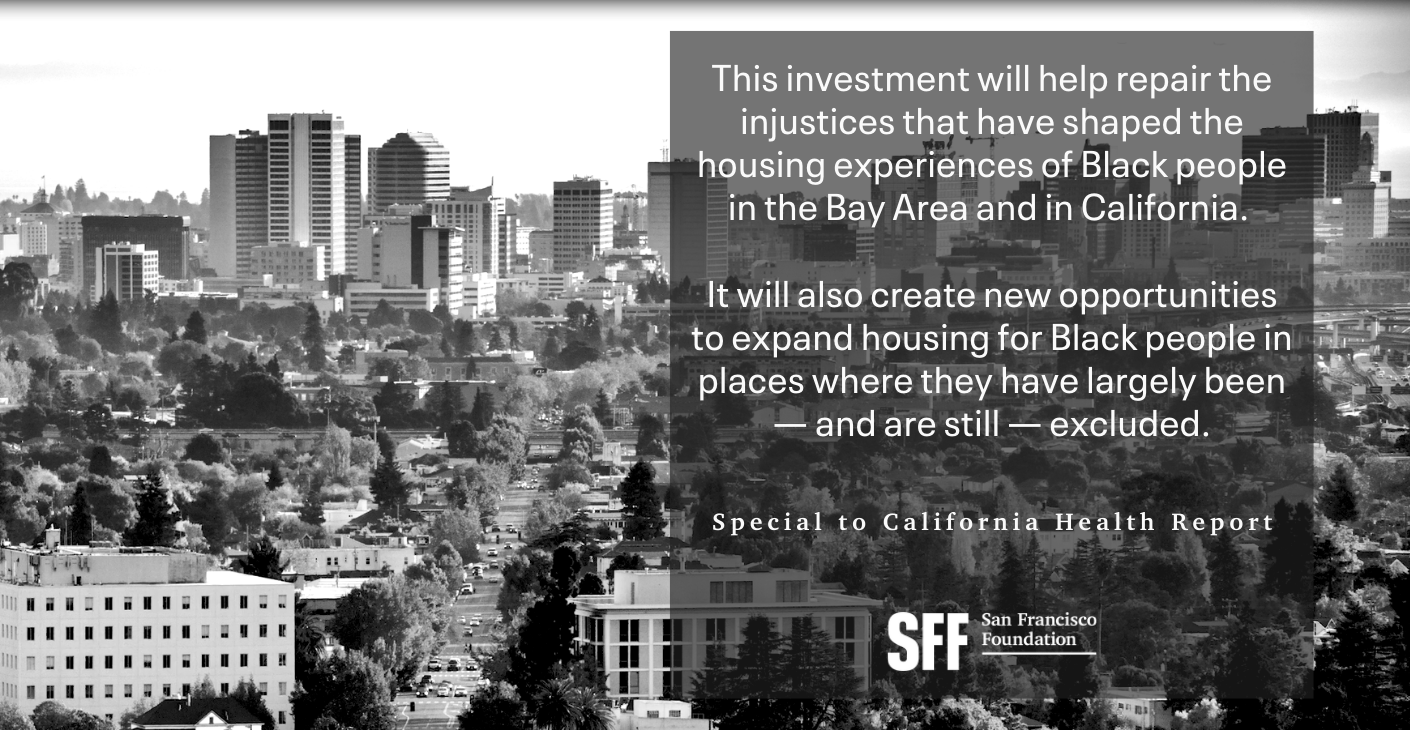Overview
Streamlining and Investing in Construction of Homes at All Income Levels
Building housing for tenants at all income levels and diversifying housing options are crucial strategies for creating more inclusive communities. Bay Area families are caught between rising housing costs and wages that are not keeping up. Between 1970 and 2021, rents in the Bay Area increased by 96% while median incomes grew by only 25% (adjusted for inflation).[1] Too many families are forced to pay too much for housing, live in substandard housing, or move away from their communities.
The state’s Regional Housing Needs Assessment (RHNA) requires the nine-county Bay Area to add over 440,000 new homes by 2031.[2] Of those homes, 180,000 must be available to lower-income households. For context, between 2015 and 2023 the Bay Area approved construction permits for about 190,000 new homes, with 44,000 set aside for lower-income households.[3]
Building in the Bay Area is challenging, with an average cost of $640,000 to build a new affordable home. The costs are driven by high land and labor costs, complex regulations, and the desire of some jurisdictions to limit housing construction and density (local control).[4]
Government agencies can subsidize affordable housing construction through loans, grants, and tax incentives, which help developers build new affordable homes. The Bay Area Housing Finance Authority (BAHFA) is a new regional agency poised to provide funding for affordable development throughout the nine-county Bay Area. It plans to do that by placing a $10-20 billion housing bond on the 2024 ballot to address these needs on a regional scale.
Government agencies, particularly at the state level, are increasingly adopting and implementing policies that encourage housing development. Recent efforts include allowing churches and nonprofit colleges to build affordable housing on their land, eliminating restrictive single-family zoning rules that have prevented the construction of denser housing, and streamlining the building-permitting process for affordable housing.
These efforts are making a difference. State, regional, and local leaders have prioritized housing and homelessness solutions, proposing more money and streamlining efforts to make California and the Bay Area more affordable.
[1] Metropolitan Transportation Commission, Vital Signs Website
[3] State Department of Housing and Community Development, Housing Element Implementation and APR Data Dashboard
[4] Bay Area Council Economic Institute, How Much Does it Cost to Construct One Unit of Below Market Housing in the Bay Area?
Our Priorities
Seed funding and low-interest loans
We accelerate affordable housing development by providing seed funding and low-interest loans.
Increasing public funding
We support legislative efforts to increase public funding for building more affordable housing.
Racial equity and economic inclusion
We support increased flexibility and innovation in the housing sector to meet demand for affordable production while ensuring the sector becomes increasingly inclusive of all residents’ needs and advances racial equity and economic inclusion.
Fostering collaboration
We foster collaboration to move the needle across the entire Bay Area region.
Production in Action
Examples of SFF grantees building more affordable housing.
Bringing more resources to the field
A powerful community of donors is helping provide the deeply needed resources to fuel this work.
Bright Spots
In addition to SFF grantees, our whole community is working hard to address our housing needs. Here are some bright spots.
Community Conversations
Through op-eds and speaking on panels, SFF is an important part of regional conversations around housing.
Read More on Producing Affordable Homes
Affordable housing production statistics
Study, 2023, California YIMBY
Web resource, 2023, MTC and ABAG government agencies)
Article, 2021, UC Berkeley’s Terner Center for Housing Innovation)
Study, 2020, Othering & Belonging Institute
Report, 2023, UC Berkeley’s Terner Center for Housing Innovation
Report, 2023, UC Berkeley’s Terner Center for Housing Innovation
Report to the City Council (October 19, 2023)
Report, 2023, California Department of Housing and Community Development)
Study, 2023, UC Berkeley’s Terner Center for Housing Innovation
Report, 2023, UC Berkeley’s Terner Center for Housing Innovation
White paper, 2022, UC Berkeley’s Terner Center for Housing Innovation
Report, 2021, UC Berkeley’s Terner Center for Housing Innovation

